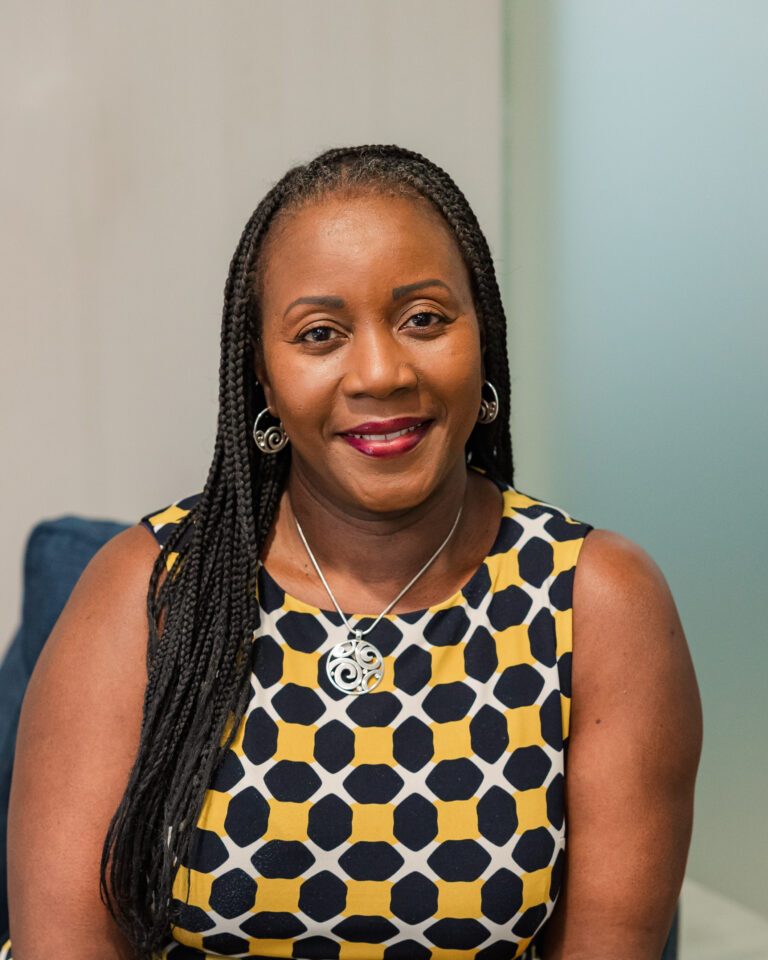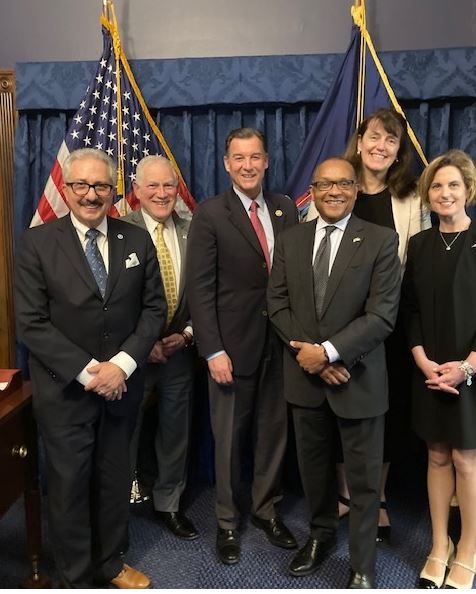New York State Bar Association Task Force To Address Emerging Policy Challenges Related to Artificial Intelligence
7.17.2023

A New York State Bar Association task force will address the benefits and potential dangers surrounding artificial intelligence and make regulatory recommendations for this powerful and fast-developing technology.
The task force was formed both to address AI’s potential to streamline how daily business is conducted and in response to high-profile cases of professionals in many fields – including law – who have relied on generative AI such as ChatGPT to produce research that later turned out to be fabricated.
Vivian Wesson, executive vice president and general counsel at The Board of Pensions of the Presbyterian Church, will chair the task force.
Prominent public officials and technology experts have called for limits on how AI should be employed and suggested slowing – or even temporarily halting – to its implementation until it can be regulated.
“AI’s rapid growth and sophistication are having and will continue to have a monumental impact on all professions – including lawyers, law firms, and their clients,” said Richard Lewis, president of the New York State Bar Association. “That is why the New York State Bar Association is addressing how AI may best assist those who interact with the legal system while evaluating how tightly it needs to be regulated and what protections should be put in place to guard against misuse and abuse.”
If used correctly, for example, AI has the potential to provide clients with quicker access to information while assisting lawyers in generating data on legal trends. Potential drawbacks include bias programmed into AI facial recognition software and chatbots. Artificial intelligence will also have a dramatic – and yet to be determined – impact on copyright, patent, and privacy laws.
Some industry groups support AI regulation, while others are wary of far-reaching controls that could inhibit innovation and still others argue that the technology is still too new to assess its potential danger.
However, the technology is coming under closer scrutiny.
Last week, the Federal Trade Commission opened an investigation into OpenAI over whether the maker of ChatGPT has harmed individuals by putting personal reputations and data at risk.
The task force members are:
- Jonathan Armstrong, partner, Cordery Legal Compliance.
- Cat Casey, chief growth officer, Reveal Brainspace.
- Dessislav Dobrev, senior counsel, World Bank Group (MIGA).
- Justice Timothy Driscoll, New York State Supreme Court.
- Brooke Erdos Singer, partner, Davis Gilbert.
- Sarah Gold, owner, Gold Law Firm.
- Ron Hedges, principal, Ronald J. Hedges.
- Luca Melchionna, managing member, Melchionna.
- Marissa Moran, professor, law and paralegal studies department, New York City College of Technology, CUNY.
- Norm Resnicow, partner, Fox Horan & Camerini.
- Rebecca Roiphe, Joseph Solomon distinguished professor of law, New York Law School.
- Sudha Setty, dean, CUNY School of Law.
- Roy Simon, Howard Lichtenstein distinguished professor of legal ethics emeritus, Hofstra University School of Law.






